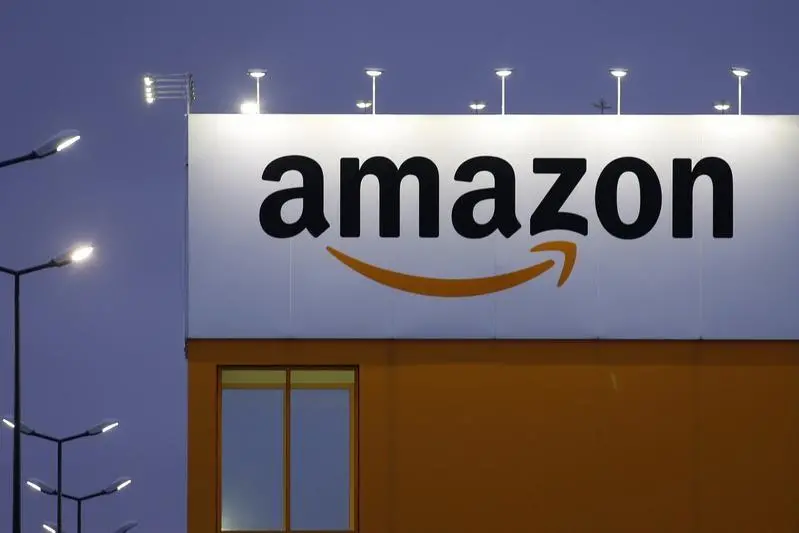PHOTO
(The author is a Reuters Breakingviews columnist. The opinions expressed are his own.)
By Robert Cyran
NEW YORK, June 16 (Reuters Breakingviews) - Amazon.com just bought its way to the top of the food chain. The e-commerce titan is going whole hog for U.S. groceries with the $13.7 billion acquisition of upscale chain Whole Foods Market . Amazon's comfort with low margins and savvy in logistics make it so fearsome a rival that investors in the sector ran for cover.
A relentless focus on the long-run opportunity of selling practically everything to everyone has been the hallmark of Amazon founder and Chief Executive Jeff Bezos. For most of its history, the nearly half-trillion-dollar company has been run at break-even with its prodigious cash flow plowed back into price reductions, expansion into new areas and investment to ensure faster delivery.
Groceries are therefore a natural target. Americans spend about $800 billion a year on their Cheerios, kale and ground beef, according to Cowen research. It’s also a business whose profitability is notoriously low. Whole Foods, for example, generated a net margin of 3.2 percent last year. That's astronomical by Amazon's standards. Its own margin was 1.7 percent.
The deal nevertheless marks some seismic shifts. For one thing, it is Amazon's biggest acquisition ever by a considerable sum. While Bezos has been tinkering with rolling out bookshops, Whole Foods vastly increases Amazon's bricks-and-mortar presence with 460 stores. And the deal expands Amazon's workforce by about a quarter.
In exchange for this strategic deviation, Amazon gets access to a slew of wealthy customers and information about their food-buying habits. Bezos could easily extend the benefits of his company's popular Prime membership into goods and services at grocery stores, thus giving them additional reason to buy even more from Amazon. It also has been trying to shrink shipping costs. Amazon lost $7 billion subsidizing deliveries last year. Having customers pick up their purchases in Whole Foods stores might help.
There's a strong sense from investors that Amazon is upending the entire business. Its own market value increased by $15 billion on the news. More significantly, it caused some $30 billion to disappear from Costco, Wal-Mart Stores , Kroger, Supervalu and other grocery vendors. Fears of Amazon's domination went global, with UK supermarket chains getting hit, too. And it's possible that delivery startups such as Instacart may be affected. Groceries aren't a winner-take-all proposition, but Amazon may be about to eat a lot of lunches.
CONTEXT NEWS
- Amazon.com said on June 16 it would buy Whole Foods Market for about $13.7 billion, extending its push into the grocery business with its biggest acquisition ever.
- Under terms of the deal, Amazon will pay $42 a share, a premium of about 27 percent to where Whole Foods shares closed on June 15.
- The companies expect the transaction to close in the second half of 2017 after securing approval from regulators and Whole Foods shareholders. Whole Foods co-founder John Mackey will stay on as chief executive.
- Whole Foods has been under pressure from hedge fund Jana Partners, which owns an 8 percent stake, to sell itself.
(Editing by Jeffrey Goldfarb and Kate Duguid)
© Reuters News 2017





















